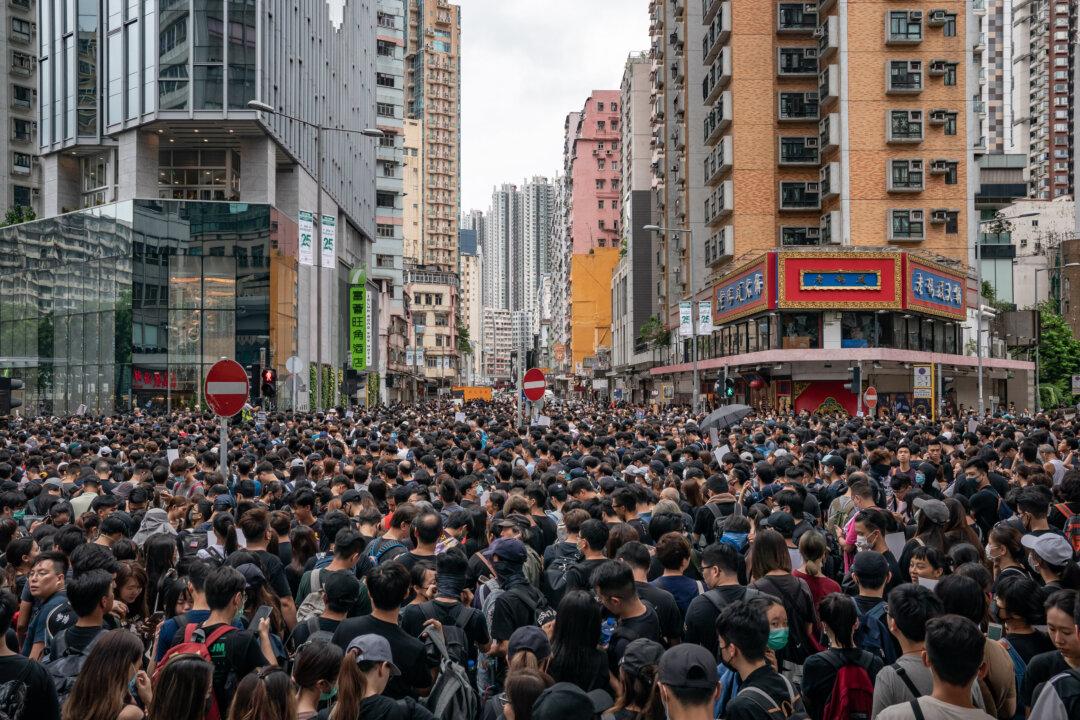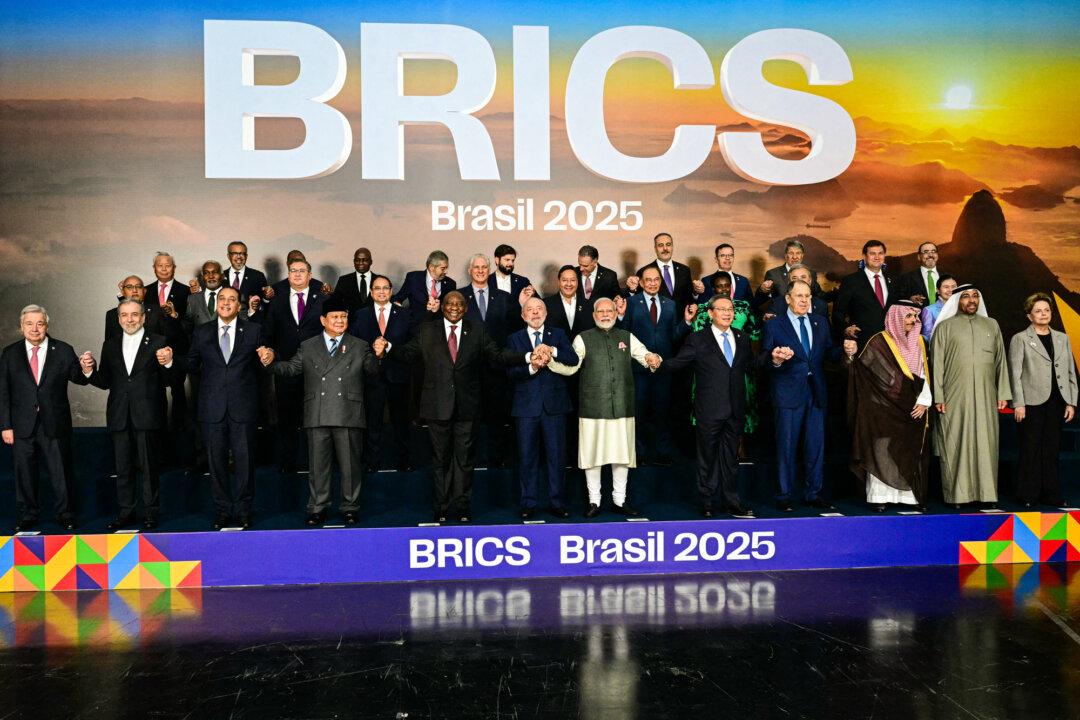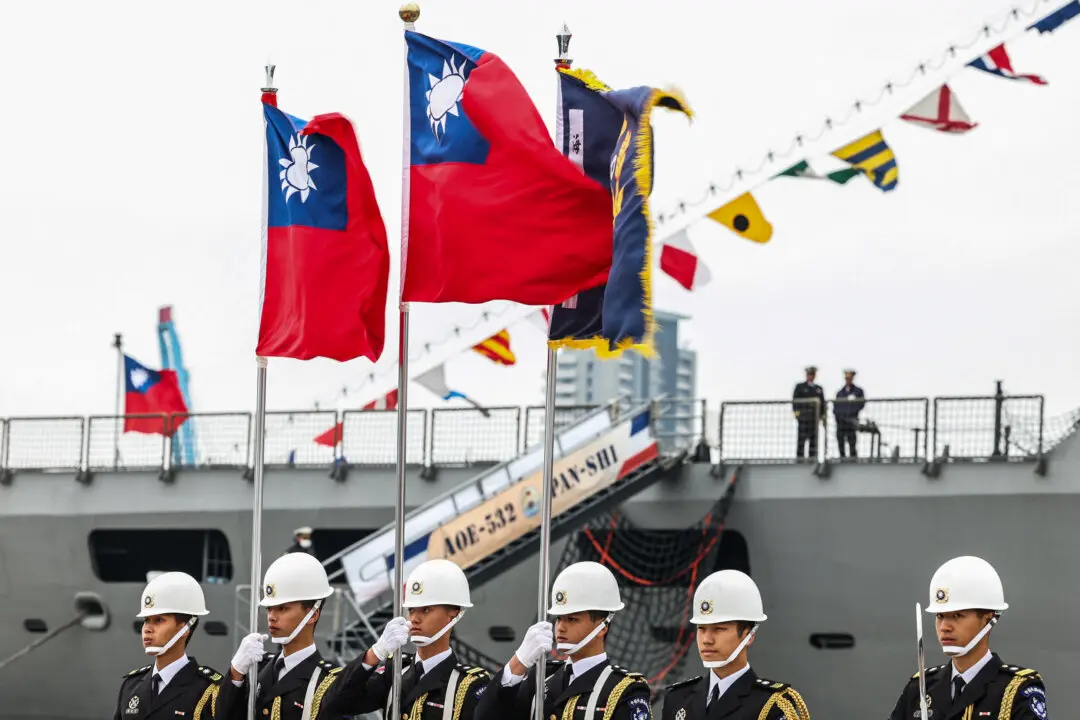In light of the escalating trade war with the United States, a contracting economy, rising food prices, the global backlash against the Made In China 2025 fiasco, and the Hong Kong protests, the Chinese Communist Party (CCP) faces Soviet-type internal challenges brought about by unbridled corruption and extreme mismanagement within the Party.
For instance, China’s national practice of despoiling farmlands, lakes, rivers and seas on an industrial scale, surpassing even the toxicity of the former Soviet Union, has been going on since the 1950s and continues to this day. As a result, mass desertification and declining food production capacity has made China a food importer since 2007, with the United States supplying the bulk of China’s agricultural and food imports. All of this occurred well before Xi Jinping took power.





